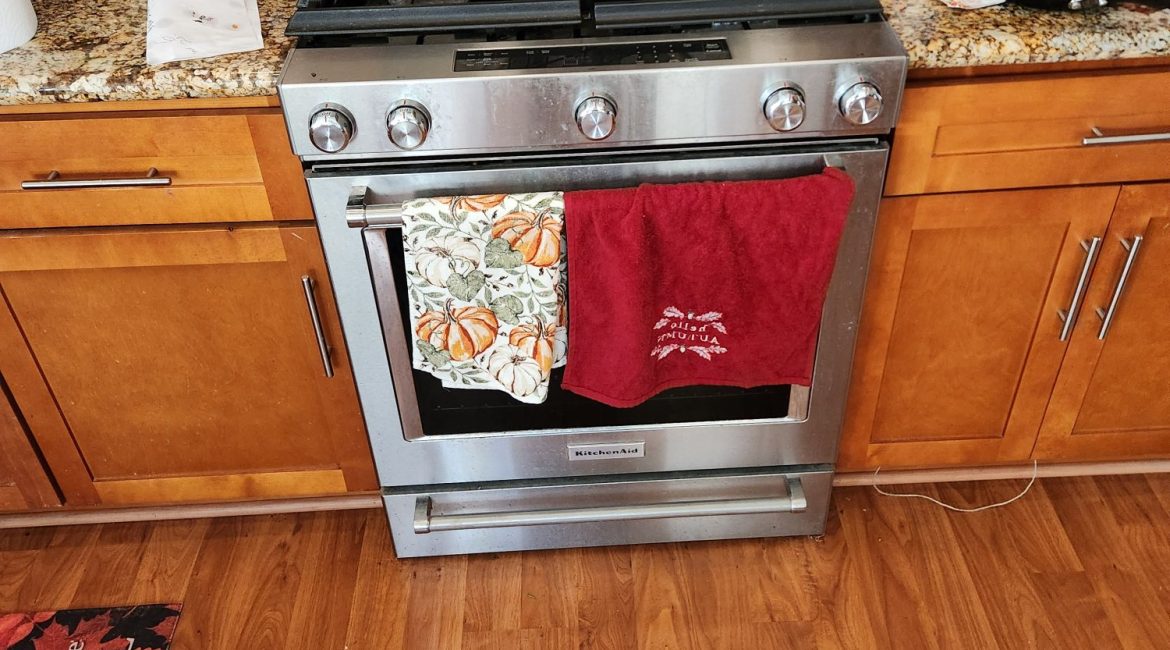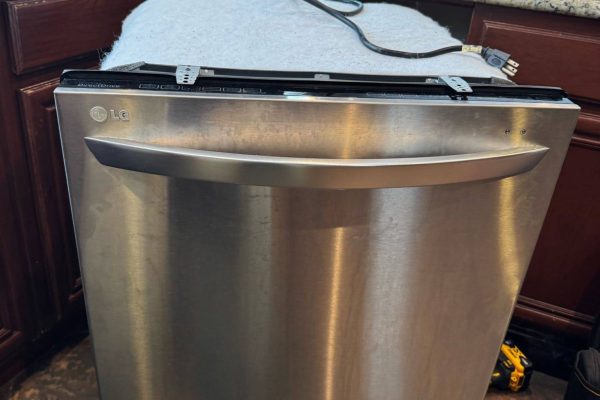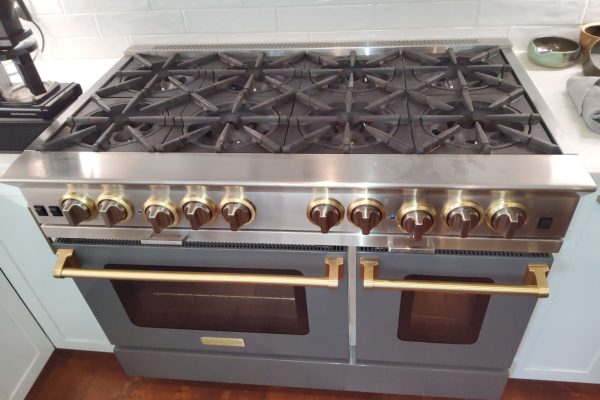When your stove starts to take longer to heat up or doesn’t reach the temperature it once did, it can cause frustration and affect your cooking. Knowing the common causes and solutions for this issue can help you troubleshoot effectively or decide if it’s time for a professional repair. This guide walks you through why your stove may not be heating up as it should, what you can do to troubleshoot, and when to call in an expert.
⠀
Common Reasons Your Stove Isn’t Heating Properly
⠀
- Malfunctioning Heating Element
The heating element, which is responsible for generating heat, can wear out over time or get damaged. This is especially common in electric stoves. If one or more heating elements stop working, you’ll notice your stove takes longer to heat or doesn’t reach the desired temperature. Visually inspect the element for signs of wear, such as visible cracks, discoloration, or breakage.
⠀
- Faulty Temperature Sensor
In most electric ovens, a temperature sensor monitors the heat level. When it fails, the stove may struggle to reach the set temperature or overheat. If you notice fluctuating or inconsistent heating, the sensor could be the culprit. In gas stoves, a similar issue might be caused by a faulty thermostat or a temperature control problem.
⠀
- Issues with the Power Source or Gas Supply
An electric stove may not heat if there’s a problem with its power source, like a loose plug, faulty wiring, or a tripped circuit breaker. Gas stoves, on the other hand, may face heating problems due to blocked or damaged gas lines, which can cause weak flames and insufficient heat.
⠀
- Malfunctioning Igniter (Gas Stoves)
The igniter in a gas stove is responsible for igniting the gas to produce flames. Over time, the igniter can weaken or become faulty, causing the stove to heat poorly. If you notice delayed or weak ignition, a faulty igniter could be the cause.
⠀
- Problems with the Control Board
The control board, which is the “brain” of your stove, regulates all functions, including temperature control. If it malfunctions, it may not send the right signals to the heating elements, leading to insufficient heating.
⠀
- Old or Damaged Burners
Burners are susceptible to wear over time, and debris can clog the burner ports in gas stoves, affecting heat production. For electric stoves, loose or damaged burners may not produce enough heat.
Steps to Troubleshoot Stove Heating Issues
Step 1: Check the Power or Gas Connection
For an elecчс tric stove, ensure the stove is securely plugged into a functional outlet. If your stove is on a dedicated circuit, check the circuit breaker to see if it has tripped. For gas stoves, inspect the gas line to ensure there are no obstructions and that it’s properly connected.
Step 2: Inspect Heating Elements and Burners
In electric stoves, check the heating element for visible damage. If it appears damaged or doesn’t glow red when turned on, it may need replacement. For gas stoves, inspect the burners for debris and clean them if necessary.
Step 3: Test the Igniter
For gas stoves, observe the igniter to see if it’s working efficiently. If it sparks irregularly or takes a long time to ignite, consider replacing it.
⠀
Step 4: Check the Temperature Sensor or Thermostat
If your oven has a temperature sensor, it’s worth testing it with a multimeter to see if it’s functioning properly. You can also check if the sensor is touching the oven wall, which could give inaccurate readings. If it’s faulty, replacement is often necessary.
⠀
Step 5: Reset or Check the Control Board
A quick reset might resolve minor control board issues. If this doesn’t work, consider consulting a technician to assess if a repair or replacement is needed.
⠀
When to Call in the Experts
⠀
While some troubleshooting steps can be done on your own, stove repairs often require technical knowledge and specific tools. If you’re facing any of the following situations, it’s best to call a professional:
⠀
– The heating element or igniter is visibly damaged.
– The control board is unresponsive.
– You detect a gas smell or hear unusual sounds from the stove.
– You’ve attempted troubleshooting without success.
⠀
Why Professional Help Matters
⠀
Professional technicians can accurately diagnose issues, use specialized tools, and offer long-term solutions. Attempting complex repairs without the right expertise can lead to further damage or even safety hazards. A professional service will ensure that parts are replaced with high-quality components and that your stove operates as good as new.
⠀
Maintenance Tips to Keep Your Stove Running Smoothly
⠀
- Regular Cleaning
Clean your stove’s burners and heating elements to prevent grease and debris buildup. Regularly check for food debris and spills, which can impact the performance of gas burners and electric heating elements.
⠀
- Routine Inspection
Visually inspect the components, such as the igniter, burners, and control knobs, to ensure they’re in good condition. Regularly checking these parts can help you spot issues early before they lead to more significant problems.
⠀
- Professional Maintenance
An annual maintenance check by a professional can help catch potential issues before they become costly repairs. Professionals can also clean and calibrate parts to maintain optimal heating efficiency.
If you’re struggling with a stove that doesn’t heat up as it used to, consider using the troubleshooting steps above. However, for more complex issues or repairs, it’s safer and more effective to consult a professional technician. Oceanside Appliance Service Center offers expert, reliable stove repair and maintenance. Our skilled technicians are ready to diagnose, repair, and get your stove back to its full heating power. Don’t let a malfunctioning stove ruin your cooking experience – contact Oceanside Appliance Service Center today for fast and efficient service!
Contact us


